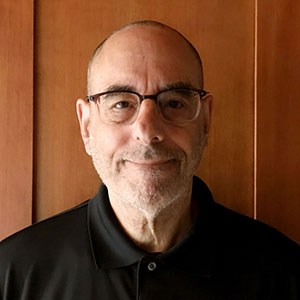Racial Diversity in the Sangha
American Buddhist groups are now at the point of looking around and noticing that there are few, or no, dark people of color in the mediation halls, and are wondering why this is so and trying to figure out what to do about it. (This is true at least in the Bay Area, where a few interracial Buddhist convocations have been organized to look at the issue.) It’s traditional to point out that it takes a body, leisure to practice, and an encounter with the teachings in order to begin to practice in any given lifetime. A good number of while middle-class Americans have these requisites; probably fewer African Americans do. And even if they did, would they be interested in participating in a movement that looks like it is predominantly white, and therefore likely not really open to African Americans?
This is something the American Buddhist movement needs to work on over time, to make sure they are fully available to everyone, African American people and all others. What’s crucial to me, however, as a white American practicing Buddhism, is that to understand myself as a Buddhist practitioner, or, for that matter, as an American, it is necessary that I understand the African American experience. African American people have understood the roots and branches, the dynamics and undercurrents of America — they’ve understood it, been formed by it, in turn formed it, and expressed it in many ways. Bud white America has not heard these expressions because its ears have been shut by long habit, ignorance, and willful avoidance. Hearing what has never been heard requires a new listening skill. Which you don’t develop until the pain of separation, of nonhearing, becomes so great you are finally motivated to begin. At first you hear grunts, groans, noises, gestures, questions, hopes that come as much from inside as outside your ear. Later you can hear words, sentences, paragraphs. The other begins to speak, and you can hear. At least a little. And then, finally, you are willing to truly see what you couldn’t see before, so acknowledge your fear, guilt, and shame, to admit in shock and horror that the immense sins of the past are not left in the past, they continue in to the present, and that you did not wish to know this.
In such difficult yet necessary ways a bridge will be built to reach across so that for the first time it perhaps becomes possible for white people to begin to comprehend what it means to be an African American. And to whatever extent it is, it will to that same extent become possible for white people to begin to see themselves. For white Buddhists, who know that the first noble truth is “all conditioned existence has the nature of suffering,” this self-seeing must be the beginning, and the essence, of the path.
Norman Fischer
from When You Greet Me I Bow


